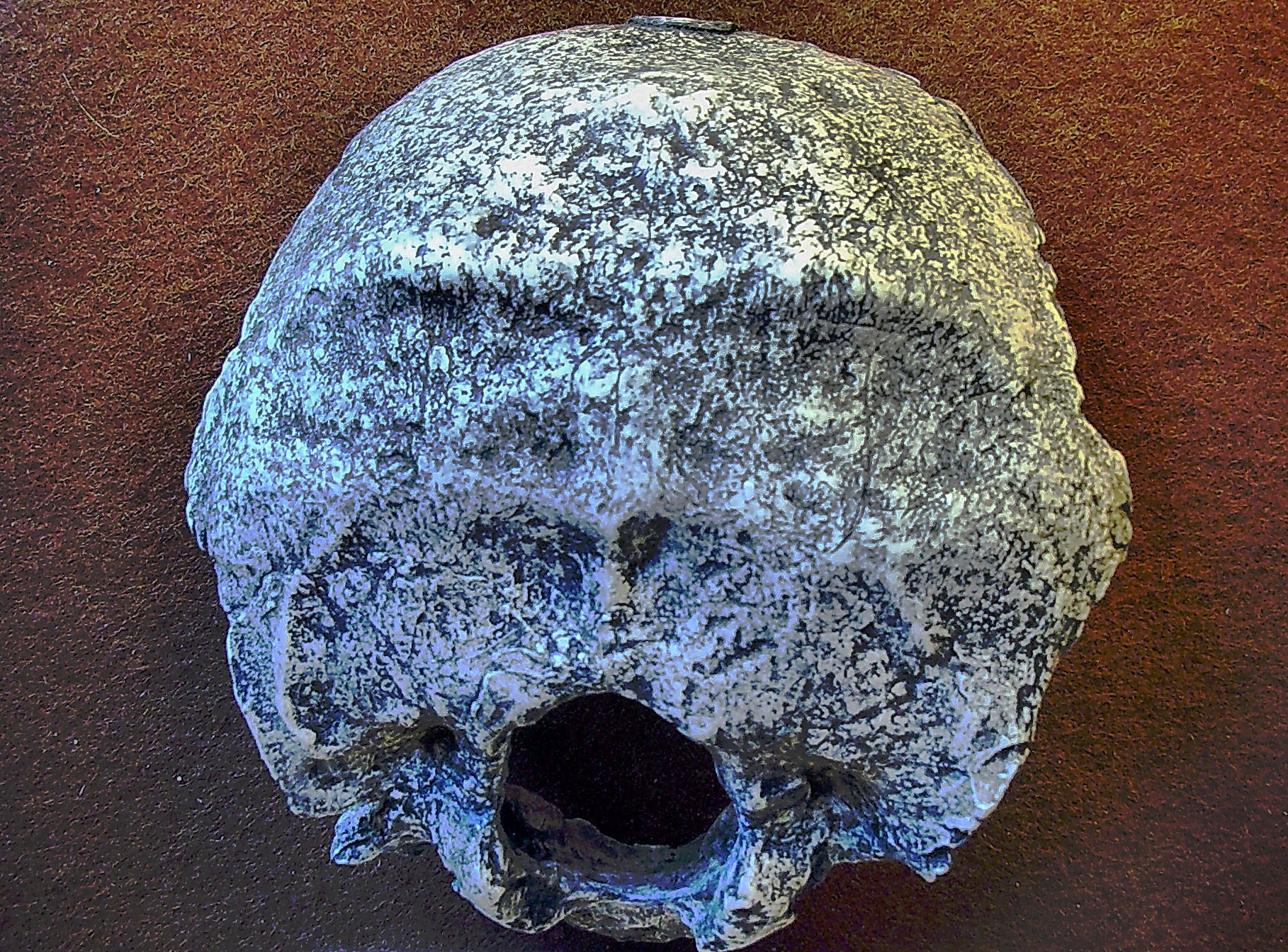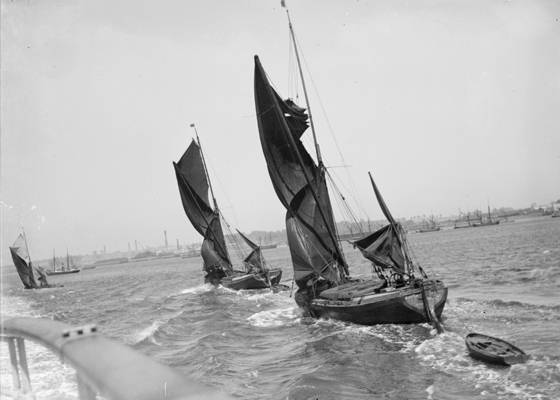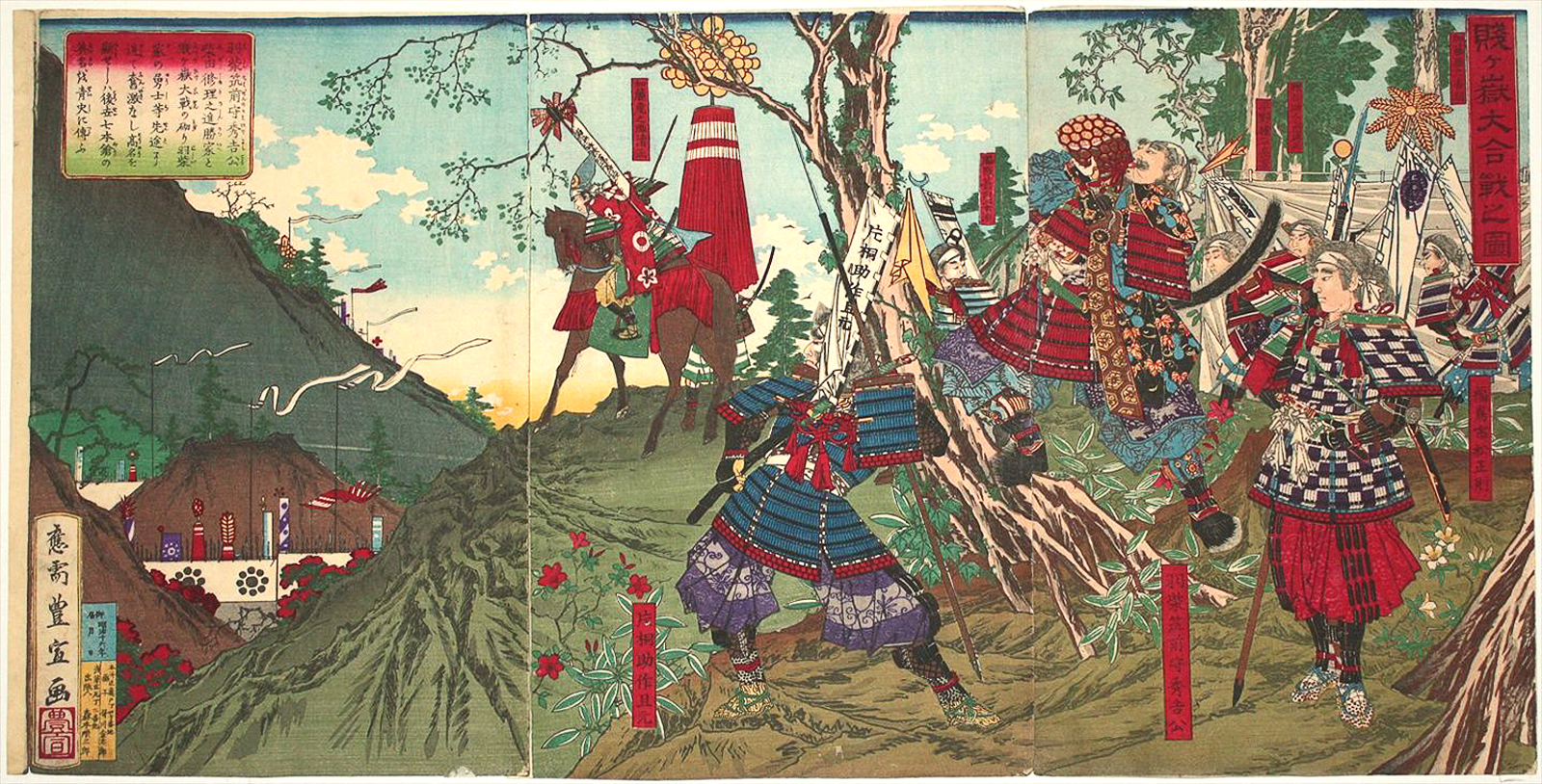|
Anthony Weldon
Sir Anthony Weldon (1583–1648) was an English 17th-century courtier and politician. He is also the purported author of ''The Court and Character of King James I'', although this attribution has been challenged. Relations with King James The story of Weldon's dismissal from King James' court for his negative assessment of the Scots in ''A Description of Scotland'', is usually taken as the justification for the criticism of James in ''The Court and Character of King James I'', which contains the famous comment that James was "the wisest fool in Christendom". However, it is unclear whether Weldon was the author of either of these works. ''A Description of Scotland'' was first published six years before Weldon's dismissal from the court and was not credited to him until the second half of the 17th century. Likewise ''The Court and Character of King James I'' was not credited to Weldon until after his death in 1648. He did, however, support Parliament during the English Civil War, ... [...More Info...] [...Related Items...] OR: [Wikipedia] [Google] [Baidu] |
Sir Anthony Weldon Engraving
''Sir'' is a formal honorific address in English for men, derived from Sire in the High Middle Ages. Both are derived from the old French "Sieur" (Lord), brought to England by the French-speaking Normans, and which now exist in French only as part of "Monsieur", with the equivalent "My Lord" in English. Traditionally, as governed by law and custom, Sir is used for men titled as knights, often as members of orders of chivalry, as well as later applied to baronets and other offices. As the female equivalent for knighthood is damehood, the female equivalent term is typically Dame. The wife of a knight or baronet tends to be addressed as Lady, although a few exceptions and interchanges of these uses exist. Additionally, since the late modern period, Sir has been used as a respectful way to address a man of superior social status or military rank. Equivalent terms of address for women are Madam (shortened to Ma'am), in addition to social honorifics such as Mrs, Ms or Miss ... [...More Info...] [...Related Items...] OR: [Wikipedia] [Google] [Baidu] |
English People
The English people are an ethnic group and nation native to England, who speak the English language, a West Germanic language, and share a common history and culture. The English identity is of Anglo-Saxon origin, when they were known in Old English as the ('race or tribe of the Angles'). Their ethnonym is derived from the Angles, one of the Germanic peoples who migrated to Great Britain around the 5th century AD. The English largely descend from two main historical population groups the West Germanic tribes (the Angles, Saxons, Jutes and Frisians) who settled in southern Britain following the withdrawal of the Romans, and the partially Romanised Celtic Britons already living there.Martiniano, R., Caffell, A., Holst, M. et al. Genomic signals of migration and continuity in Britain before the Anglo-Saxons. Nat Commun 7, 10326 (2016). https://doi.org/10.1038/ncomms10326 Collectively known as the Anglo-Saxons, they founded what was to become the Kingdom of England ... [...More Info...] [...Related Items...] OR: [Wikipedia] [Google] [Baidu] |
James I Of England
James VI and I (James Charles Stuart; 19 June 1566 – 27 March 1625) was King of Scotland as James VI from 24 July 1567 and King of England and Ireland as James I from the union of the Scottish and English crowns on 24 March 1603 until his death in 1625. The kingdoms of Scotland and England were individual sovereign states, with their own parliaments, judiciaries, and laws, though both were ruled by James in personal union. James was the son of Mary, Queen of Scots, and a great-great-grandson of Henry VII, King of England and Lord of Ireland, and thus a potential successor to all three thrones. He succeeded to the Scottish throne at the age of thirteen months, after his mother was compelled to abdicate in his favour. Four different regents governed during his minority, which ended officially in 1578, though he did not gain full control of his government until 1583. In 1603, he succeeded Elizabeth I, the last Tudor monarch of England and Ireland, who died childless. He ... [...More Info...] [...Related Items...] OR: [Wikipedia] [Google] [Baidu] |
Scots People
The Scots ( sco, Scots Fowk; gd, Albannaich) are an ethnic group and nation native to Scotland. Historically, they emerged in the early Middle Ages from an amalgamation of two Celtic-speaking peoples, the Picts and Gaels, who founded the Kingdom of Scotland (or '' Alba'') in the 9th century. In the following two centuries, the Celtic-speaking Cumbrians of Strathclyde and the Germanic-speaking Angles of north Northumbria became part of Scotland. In the High Middle Ages, during the 12th-century Davidian Revolution, small numbers of Norman nobles migrated to the Lowlands. In the 13th century, the Norse-Gaels of the Western Isles became part of Scotland, followed by the Norse of the Northern Isles in the 15th century. In modern usage, "Scottish people" or "Scots" refers to anyone whose linguistic, cultural, family ancestral or genetic origins are from Scotland. The Latin word '' Scoti'' originally referred to the Gaels, but came to describe all inhabitants of Scot ... [...More Info...] [...Related Items...] OR: [Wikipedia] [Google] [Baidu] |
Parliament Of England
The Parliament of England was the legislature of the Kingdom of England from the 13th century until 1707 when it was replaced by the Parliament of Great Britain. Parliament evolved from the great council of bishops and peers that advised the English monarch. Great councils were first called Parliaments during the reign of Henry III (). By this time, the king required Parliament's consent to levy taxation. Originally a unicameral body, a bicameral Parliament emerged when its membership was divided into the House of Lords and House of Commons, which included knights of the shire and burgesses. During Henry IV's time on the throne, the role of Parliament expanded beyond the determination of taxation policy to include the "redress of grievances," which essentially enabled English citizens to petition the body to address complaints in their local towns and counties. By this time, citizens were given the power to vote to elect their representatives—the burgesses—to ... [...More Info...] [...Related Items...] OR: [Wikipedia] [Google] [Baidu] |
English Civil War
The English Civil War (1642–1651) was a series of civil wars and political machinations between Parliamentarians ("Roundheads") and Royalists led by Charles I ("Cavaliers"), mainly over the manner of Kingdom of England, England's governance and issues of religious freedom. It was part of the wider Wars of the Three Kingdoms. The First English Civil War, first (1642–1646) and Second English Civil War, second (1648–1649) wars pitted the supporters of King Charles I of England, Charles I against the supporters of the Long Parliament, while the Third English Civil War, third (1649–1651) saw fighting between supporters of King Charles II of England, Charles II and supporters of the Rump Parliament. The wars also involved the Covenanters, Scottish Covenanters and Confederate Ireland, Irish Confederates. The war ended with Parliamentarian victory at the Battle of Worcester on 3 September 1651. Unlike other list of English civil wars, civil wars in England, which were mainly ... [...More Info...] [...Related Items...] OR: [Wikipedia] [Google] [Baidu] |
Kent
Kent is a county in South East England and one of the home counties. It borders Greater London to the north-west, Surrey to the west and East Sussex to the south-west, and Essex to the north across the estuary of the River Thames; it faces the French department of Pas-de-Calais across the Strait of Dover. The county town is Maidstone. It is the fifth most populous county in England, the most populous non-Metropolitan county and the most populous of the home counties. Kent was one of the first British territories to be settled by Germanic tribes, most notably the Jutes, following the withdrawal of the Romans. Canterbury Cathedral in Kent, the oldest cathedral in England, has been the seat of the Archbishops of Canterbury since the conversion of England to Christianity that began in the 6th century with Saint Augustine. Rochester Cathedral in Medway is England's second-oldest cathedral. Located between London and the Strait of Dover, which separates England from mainla ... [...More Info...] [...Related Items...] OR: [Wikipedia] [Google] [Baidu] |
Swanscombe
Swanscombe /ˈswɒnzkəm/ is a village in the Borough of Dartford in Kent, England, and the civil parish of Swanscombe and Greenhithe. It is 4.4 miles west of Gravesend and 4.8 miles east of Dartford. History Prehistory Bone fragments and tools, representing the earliest humans known to have lived in England, have been found from 1935 onwards at the ''Barnfield Pit'' about outside the village. This site is now the Swanscombe Heritage Park. Swanscombe Man (now thought to be female) was a late ''Homo erectus'' or an early Archaic ''Homo sapiens''. According to the Natural History Museum, however, the remains are those of a 400,000-year-old early Neanderthal woman. The c. 400,000-year-old skull fragments are kept at the Natural History Museum in London with a replica on display at the Dartford Museum. Lower levels of the Barnfield Pit yielded evidence of an even earlier, more primitive, human, dubbed Clactonian Man. Nearby digs on land for the Channel Tunnel Rail Link reve ... [...More Info...] [...Related Items...] OR: [Wikipedia] [Google] [Baidu] |
Rochester, Kent
Rochester ( ) is a town in the unitary authority of Medway, in Kent, England. It is at the lowest bridging point of the River Medway, about from London. The town forms a conurbation with neighbouring towns Chatham, Rainham, Strood and Gillingham. Rochester was a city until losing its status as one in 1998 following the forming of Medway and failing to protect its status as a city. There have been ongoing campaigns to reinstate the city status for Rochester. Rochester was for many years a favourite of Charles Dickens, who owned nearby Gads Hill Place, Higham, basing many of his novels on the area. The Diocese of Rochester, the second oldest in England, is centred on Rochester Cathedral and was responsible for founding a school, now ''The King's School'', in 604 AD, which is recognised as the second oldest continuously running school in the world. Rochester Castle, built by Bishop Gundulf of Rochester, has one of the best-preserved keeps in either England or France. ... [...More Info...] [...Related Items...] OR: [Wikipedia] [Google] [Baidu] |
Thomas Fairfax
Thomas Fairfax, 3rd Lord Fairfax of Cameron (17 January 161212 November 1671), also known as Sir Thomas Fairfax, was an English politician, general and Parliamentary commander-in-chief during the English Civil War. An adept and talented commander, Fairfax led Parliament to many victories, notably the crucial Battle of Naseby, becoming effectively military ruler of England, but was eventually overshadowed by his subordinate Oliver Cromwell, who was more politically adept and radical in action against Charles I. Fairfax became unhappy with Cromwell's policy and publicly refused to take part in Charles's show trial. Eventually he resigned, leaving Cromwell to control the country. Because of this, and also his honourable battlefield conduct and his active role in the Restoration of the monarchy after Cromwell's death, he was exempted from the retribution exacted on many other leaders of the revolution. Early life Thomas Fairfax was born at Denton Hall, halfway between Ilkley a ... [...More Info...] [...Related Items...] OR: [Wikipedia] [Google] [Baidu] |
Northfleet
Northfleet is a town in the borough of Gravesham in Kent, England. It is located immediately west of Gravesend, and on the border with the Borough of Dartford. Northfleet has its own railway station on the North Kent Line, just east of Ebbsfleet International railway station on the High Speed 1 line. The area Northfleet's name is derived from being situated on the northern reach of what was once called the River Fleet (today known as the Ebbsfleet River). There is a village at the other end of the river named Southfleet. It has been the site of a settlement on the shore of the River Thames adjacent to Gravesend since Roman times. It was known as ''Fleote'' by the Saxons c. 600 AD, ''Flyote'' c. 900 AD, and ''Flete'' c. 1000 AD. It was recorded as ''Norfluet'' in the Domesday Book, and ''Northflet'' in 1201. By 1610 the name of Northfleet had become established. A battle took place during the Civil War at the Stonebridge over the Ebbsfleet river. Northfleet became a town in ... [...More Info...] [...Related Items...] OR: [Wikipedia] [Google] [Baidu] |
1583 Births
__NOTOC__ Events January–June * January 18 – François, Duke of Anjou, attacks Antwerp. * February 4 – Gebhard Truchsess von Waldburg, newly converted to Calvinism, formally marries Agnes von Mansfeld-Eisleben, a former canoness of Gerresheim, while retaining his position as Archbishop-Elector of Cologne. * March 10 – The ''Queen Elizabeth's Men'' troupe of actors is ordered to be founded in England. * May – Battle of Shizugatake in Japan: Shibata Katsuie is defeated by Toyotomi Hideyoshi, who goes on to commence construction of Osaka Castle. * May 22 – Ernest of Bavaria is elected as Roman Catholic Archbishop of Cologne, in opposition to Gebhard Truchsess von Waldburg. The opposition rapidly turns into armed struggle, the Cologne War within the Electorate of Cologne, beginning with the Destruction of the Oberstift. July–December * July 25 – Cuncolim Revolt: The first documented battle of India's in ... [...More Info...] [...Related Items...] OR: [Wikipedia] [Google] [Baidu] |










